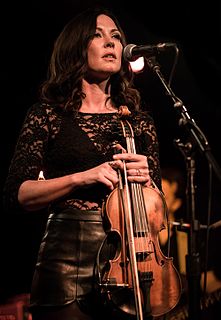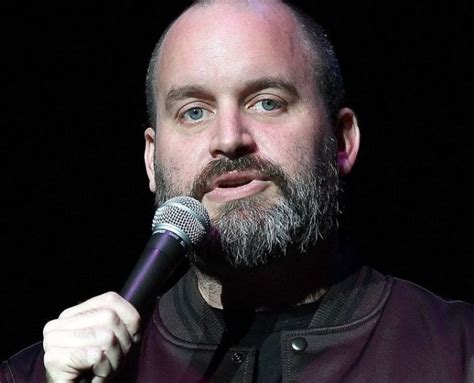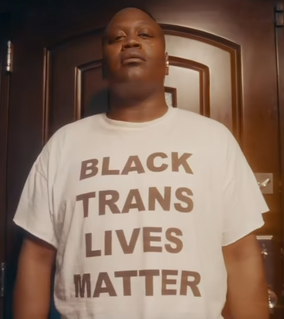A Quote by St. Vincent
I think in some ways, it can do a listener a disservice to explain a song. I think I'd rather leave a little room for people to put themselves in it.
Related Quotes
I think the more the listener can contribute to the song, the better; the more they become part of the song, and they fill in the blanks. Rather than tell them everything, you save your details for things that exist. Like what color the ashtray is. How far away the doorway was. So when you're talking about intangible things like emotions, the listener can fill in the blanks and you just draw the foundation.
I love the fact that we can't explain coincidences. I think it's like sometimes you walk into a crowded room and you'll see a stranger and you feel as if you know her better than the friends that you came with. And the very fact that you can't explain it is what gives it its power, that it lies in some deeper or mysterious realm, I think.
I think, to be a great conversationalist, you need to be interested in being in said conversation. Oddly enough, I think you need to be a great listener, and I do think I'm a good listener. I think that's my asset - I always listen to people when I talk to them, and that's a big thing you have to have in life and in podcasts.
Even your most talented employees have room for growth in some area, and you're doing your employee a disservice if the sum of your review is: 'You're great!' No matter how talented the employee, think of ways he could grow towards the position he might want to hold two, five, or 10 years down the line.
If something gets under my own skin, and keeps reoccurring, it starts to take on a certain weight and value, and I think, "I have to put this in the song. I have no choice but to mention Greek Cypriots in this song." It's a little internal challenge to myself. Like creating little imaginary rituals in yourself to help the song go from nonexisting to existing.




































